BARLEY SCHOLARSHIPS AID RESEARCH
Research is an essential component for the improvement of Canadian barley production. The Alberta Barley Student Scholarship provides three post-secondary students with $2,000 to support barley-related projects.
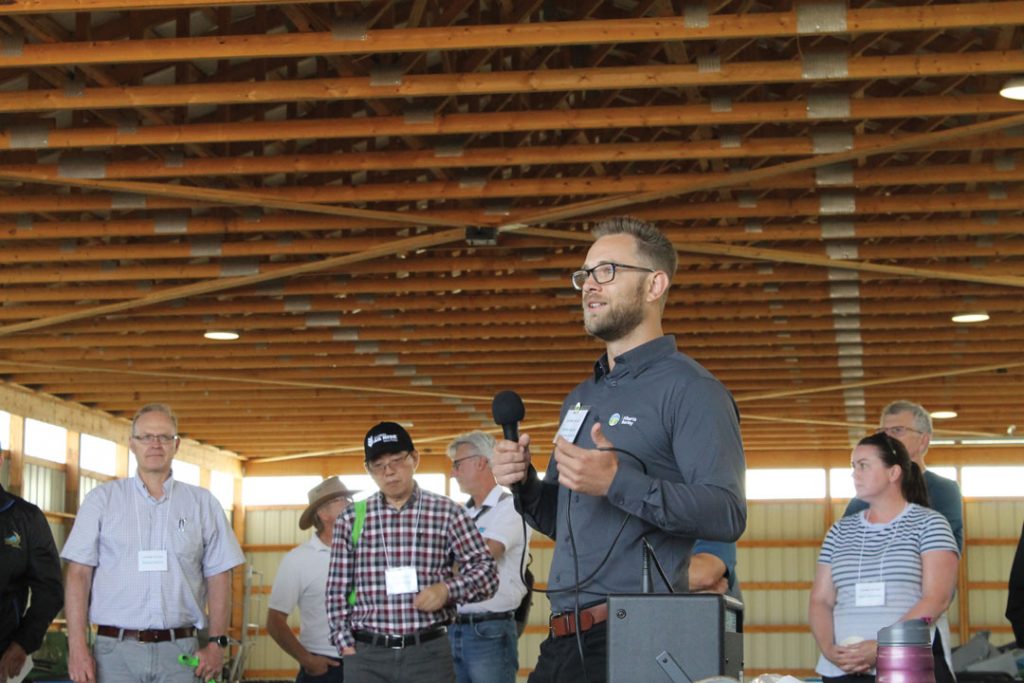
Research is an essential component for the improvement of Canadian barley production. The Alberta Barley Student Scholarship provides three post-secondary students with $2,000 to support barley-related projects.
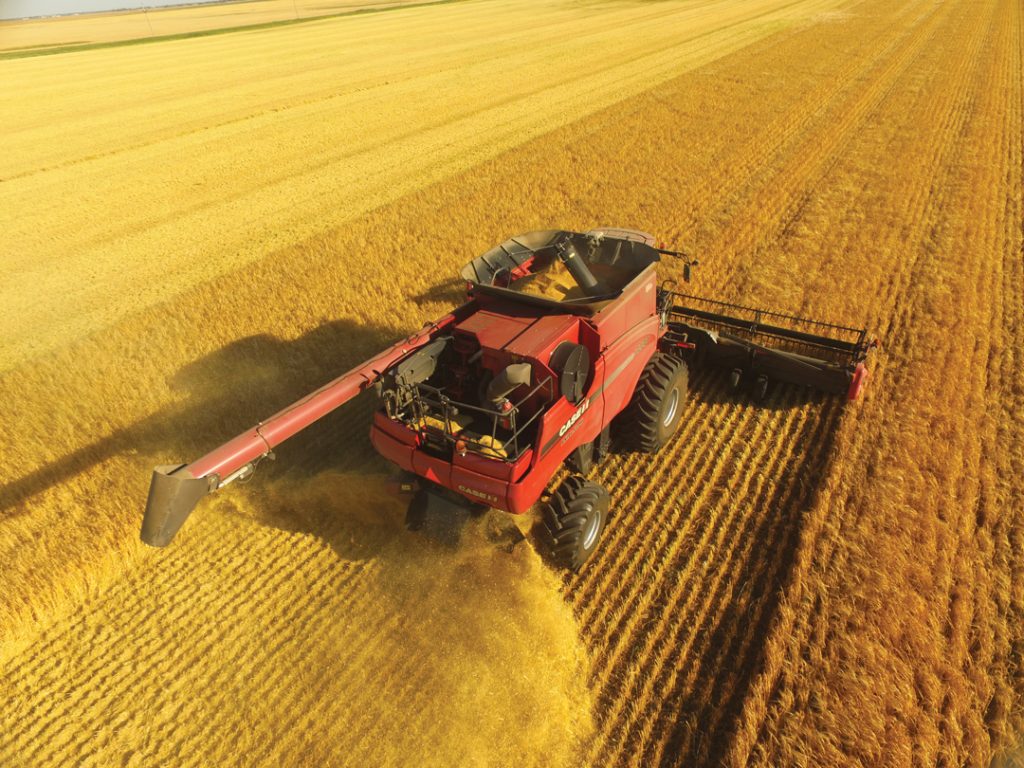
For the last five years, Canada has averaged third place among the world’s top malting barley and malt exporters. Across the globe, Canadian barley and malt are considered premium products. Naturally, the varietal purity of malting barley is a cornerstone of Canada’s value proposition for domestic and international maltsters and brewers.
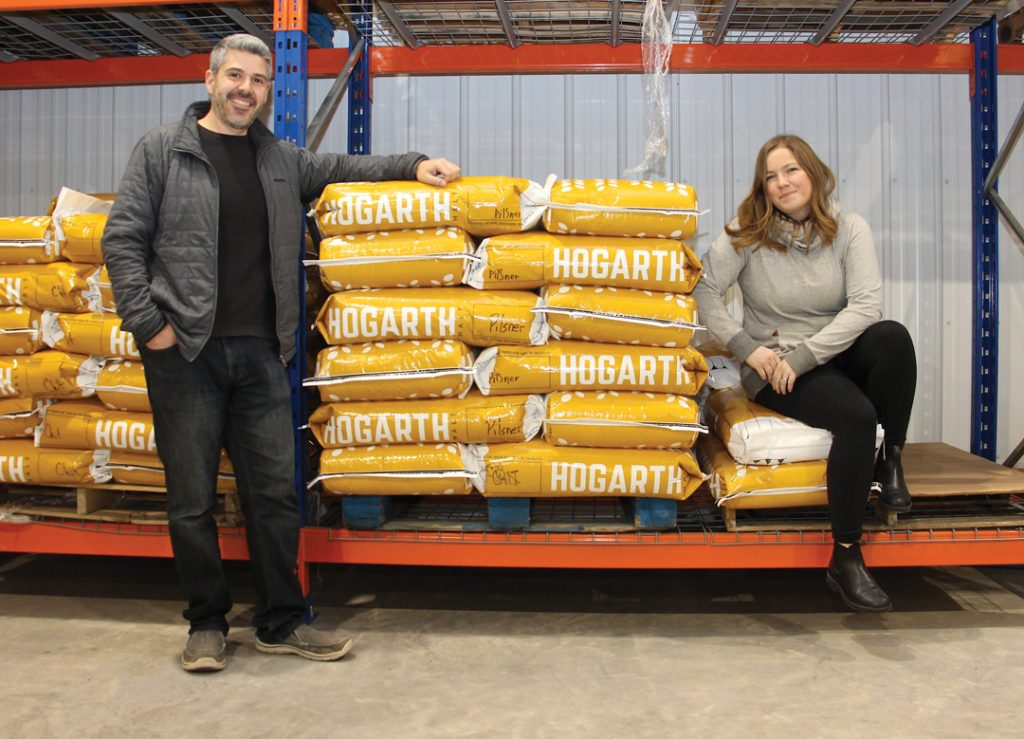
With its bright fluorescent lights and shiny malting gear that trails tubes and cords, the Hogarth floor-malting room has the feel of a hospital operating theatre. In contrast to its clinical appearance, the air is invitingly fragrant with the sweet and earthy aroma of warm, moist malting barley in the germ stage.
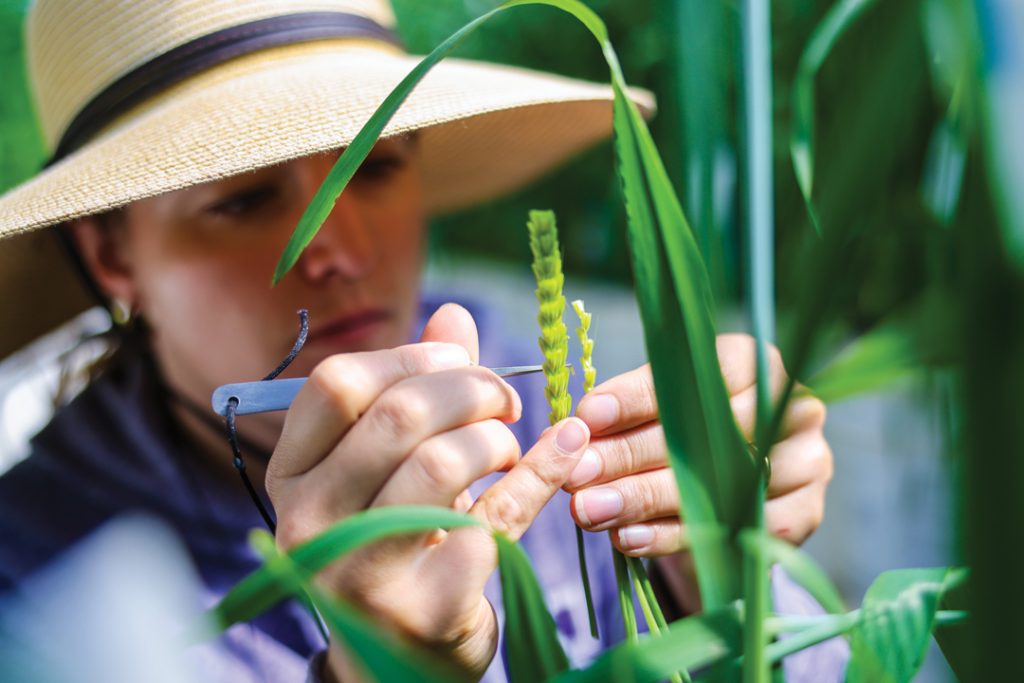
It is a time of transformation for the Field Crop Development Centre (FCDC) in Lacombe. Owned and operated by the provincial government since its establishment in 1973, the facility is now managed by Olds College, where staff have been tasked with a reimagination of the Centre’s feed and forage barley, malting barley and triticale breeding programs.
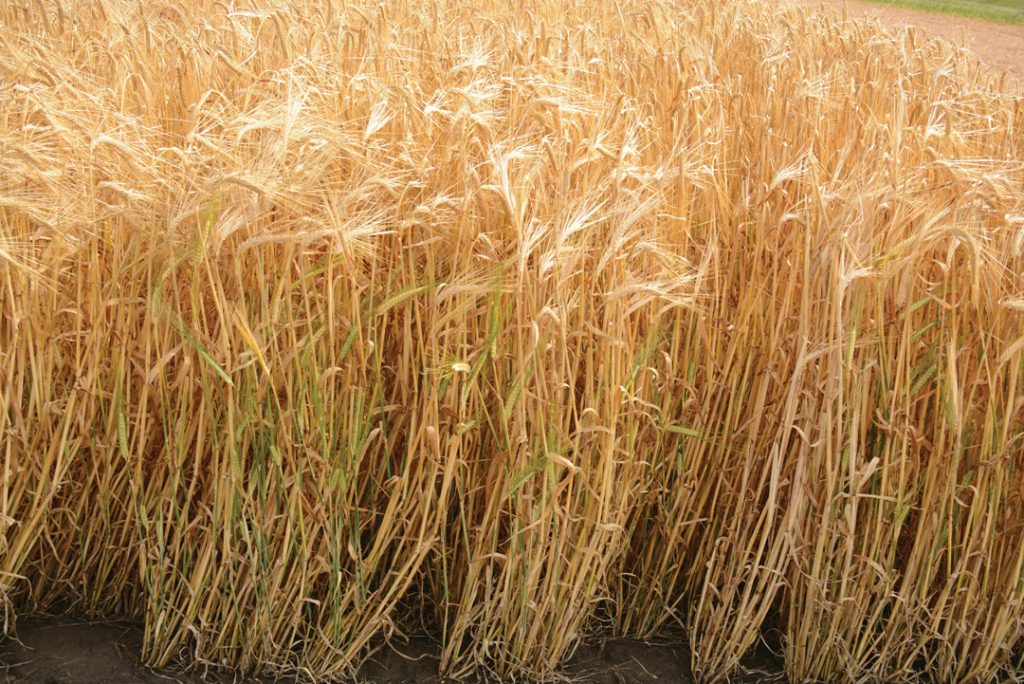
TR19655. No, it’s not the name of a robot from the latest Star Wars movie. Rather, it’s the newest two-row malting barley variety developed by the Field Crop Development Centre (FCDC) at Olds College.

It is a valuable livestock feed, food ingredient, beer component and is even used to lower blood pressure, but if barley loses its market, farmers will feel the economic pressure. After Huawei CFO Meng Wanzhou was arrested in Vancouver in 2019, China banned two major Canadian grain trading companies from exporting canola seed to that country. While the three-year prohibition was lifted in May of 2022, it left the barley sector to question its own trade relationship with China. Could Canada be next? If so, what then?
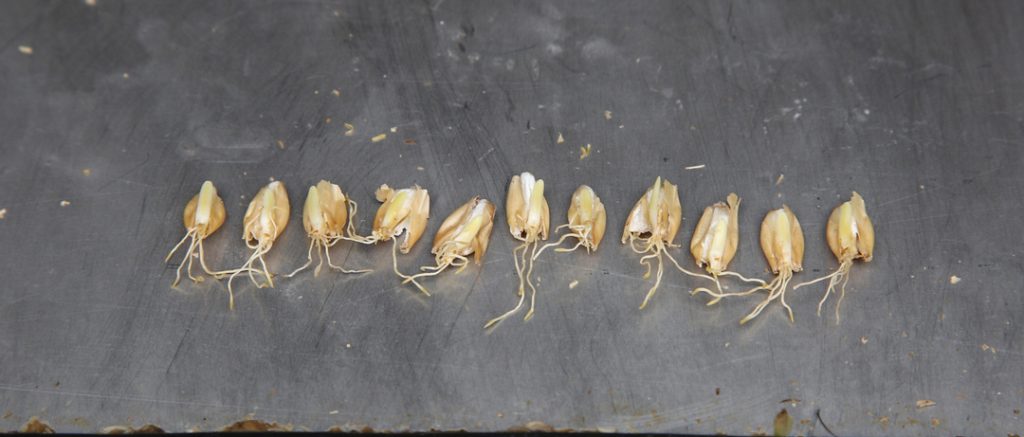
The net result of combined low carry-in stocks, the severe drought of 2021 and record high prices for feed barley has been a supply crunch that has made it difficult for North American maltsters to source sufficient supplies. The available barley generally has quality challenges that include very high protein content and reduced germination caused by 2021 weather conditions. We now have greater perspective on how the malting and brewing industries are dealing with the challenges associated with the less-than-optimal crop.
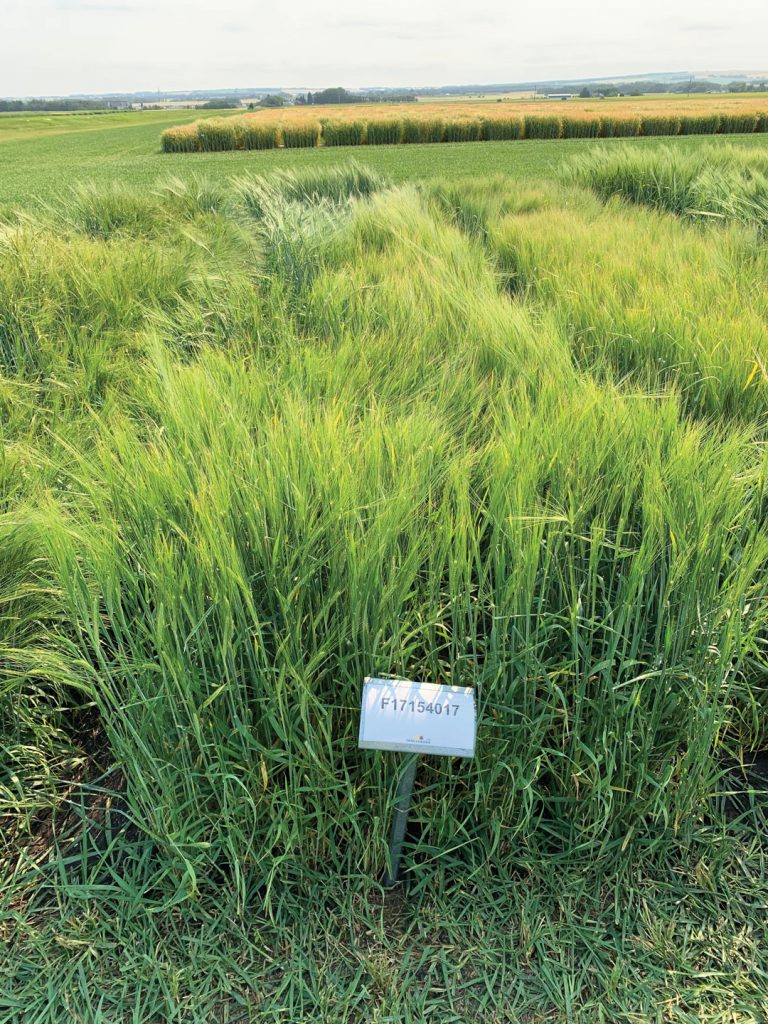
Old World malting barley genetics may soon be available to Alberta farmers, brewers and distillers in search of trademark flavour characteristics and carcinogen-free chemistry.

The 2020/21 crop year was good for Canada’s barley industry. According to Statistics Canada, production hit 10.74 million tonnes, the highest level since 2008 when tonnage topped 11.78 million tonnes. The 2020/21 crop is also up 50 per cent from 7.11 million tonnes in 2014, a year that saw the lowest barley production in Canada since 1967.

In 2016, Rosthern, SK, barley farmer Matt Enns escaped the Prairie deep freeze to relax in the Florida sun for the winter. More than a mere getaway, he intended to use this time to formulate his next career move after having expanded his stake in the family farm. As fate would have it, while he calculated his agricultural future, he joined a craft beer club near Orlando for the duration of his holiday. Its enthusiastic young members hosted tasting events where they sampled new and unique local brews produced by Florida’s vibrant craft brewing industry. His time with the club inspired Enns to launch Maker’s Malt, a micro-maltster venture. Established in 2018, the business would in turn help inspire those in Saskatchewan’s fledgling craft beer industry to take flight.